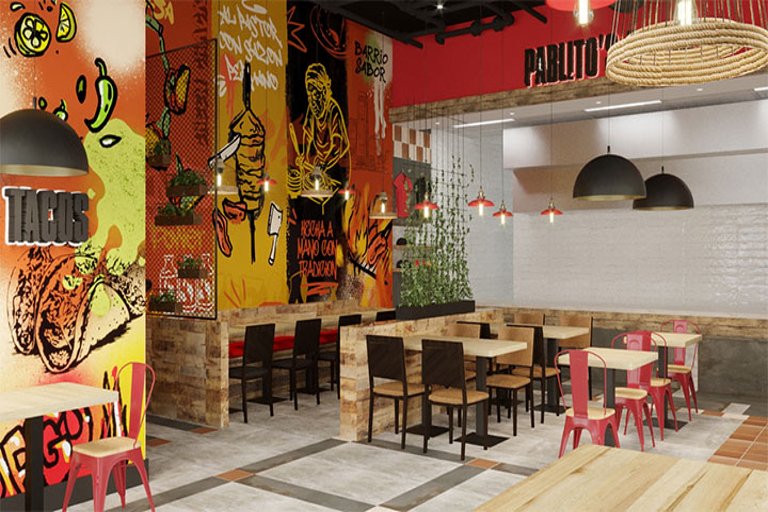Across Canada, immigrant entrepreneurs are revitalizing local food cultures by introducing flavours, stories, and traditions that expand the country’s culinary identity. Many begin as small, family-run ventures operating out of modest storefronts or shared kitchens, bringing cherished recipes that have been passed down for generations. These businesses offer diners an experience that blends cultural pride with genuine hospitality, often becoming beloved neighbourhood staples. Their menus frequently reflect personal histories, providing both comfort and discovery for customers eager to explore new tastes.
For many entrepreneurs, food is more than a business—it's a way to build community and create meaningful cultural exchange. Preparing and sharing meals allows them to introduce Canadians to the traditions, ingredients, and celebrations of their home countries. Customers often form strong relationships with these owners, returning not only for the dishes but also for the warmth and welcoming atmosphere that define many immigrant-led establishments.
The economic impact of these food businesses is significant, especially in smaller cities and urban neighbourhoods undergoing revitalization. New restaurants attract foot traffic, encourage nearby retail growth, and help diversify local economies. Some cities have even developed entire cultural food districts, where clusters of immigrant-owned eateries become vibrant culinary destinations that draw both residents and tourists.
Digital platforms have played a major role in the rising visibility of immigrant entrepreneurs. Through photos, short videos, and behind-the-scenes storytelling, business owners share the inspiration behind their dishes, highlight traditional cooking methods, and introduce audiences to cultural nuances. This online presence helps build community and garners support from customers who appreciate the authenticity and personal narratives behind each meal.
Despite their success, many immigrant entrepreneurs face challenges including navigating licensing processes, managing rising ingredient costs, and finding affordable commercial space. These obstacles are often compounded by language barriers or unfamiliar regulatory systems. Fortunately, local mentorship programs and newcomer support initiatives have emerged to help entrepreneurs overcome these hurdles, offering training, resources, and financial guidance.
As immigrant entrepreneurs continue shaping Canada’s evolving food landscape, their influence extends far beyond restaurant walls. They bring cultural education, economic vitality, and a sense of shared identity to communities across the country. Through their dedication, they help Canadians experience the richness of global traditions while strengthening the multicultural foundation that defines modern Canadian society.
